What is Mohs surgery?
Mohs surgery is considered the most effective technique for treating many basal cell carcinomas (BCCs) and squamous cell carcinomas (SCCs), the two most common types of skin cancer. Sometimes called Mohs micrographic surgery, the procedure is done in stages, including lab work, while the patient waits. This allows the removal of all cancerous cells for the highest cure rate while sparing healthy tissue and leaving the smallest possible scar. Click here to learn what the American Academy of Dermatology says about Mohs surgery.
How is Mohs surgery performed?
The procedure is done in stages, all in one visit, while the patient waits between each stage. After removing a layer of tissue, the surgeon examines it under a microscope in an on-site lab. If any cancer cells remain, the surgeon knows the exact area where they are and removes another layer of tissue from that precise location, while sparing as much healthy tissue as possible. The doctor repeats this process until no cancer cells remain.
Depending on the location of your skin cancer, you may be able to wear your street clothes, or you may need to put on a hospital gown. The Mohs surgeon examines the spot where you had your biopsy and may mark it with a pen for reference. The doctor positions you for best access, which may mean sitting up or lying down. A surgical drape is placed over the area. If your skin cancer is on your face, that may mean you can’t see what’s happening, but the doctor talks you through it. The surgeon then injects a local anesthesia, which numbs the area completely. You stay awake throughout the procedure. Our Mohs surgery team has the ability to perform the procedure right on our vehicle, meaning your procedure can be done at a location that is convenient for you.
What are the benefits of Mohs surgery?
Mohs surgery is widely considered the gold standard of skin cancer treatment which allows for surgeons to see where the cancer stops during the surgery. Success rates with Mohs surgery are high for newly diagnosed cancers with rates as high as 99% for basal cell carcinomas and 98% for squamous cell carcinomas. Mohs surgery can also be very highly effective when treating reoccurring skin cancers, even if previous treatments have been unsuccessful.
Due to the minimally invasive nature of Mohs, it is often the preferred treatment for areas such as the face, hands, feet and shins. OnSpot offers Mohs surgery right on our mobile medical vehicle and our experienced staff is capable of completing the entire process in the time it may take you to drive to another dermatology practice.
What to expect during mobile Mohs surgery
Patients should expect to be at their Mohs appointment a minimum of 3 - 4 hours (this is because we can not predict how many stages the surgery will involve, as each case is unique).
- Taking the initial specimen takes about 10 minutes.
- You will be asked to wait in our waiting area once the initial specimen has been taken while you wait for it to be processed.
- Processing the specimen takes anywhere from 30 - 45 minutes, as slides need to be created by our histotechnician then read by our surgeon to ensure all the cancer has been removed.
- If the specimen indicates that there is still more cancer to be removed from the site, you will be brought back in for another layer.
- Each additional layer adds another 30 - 45 minutes.
- Once the surgeon has confirmed that all cancer has been removed from the site, they will stitch the area back together, this typically takes 20 minutes.
- Once the surgeon performs the closure you will be instructed on how to care for the site, and you are all set.
What to bring on the day of your Mohs
Something to keep you preoccupied while you wait for your specimen to be processed.
- Book
- Crossword Puzzle
- Sudoku Puzzle
Mohs surgery team
Learn more about the incredible people that make up our Mohs surgery team. Click here to see more.
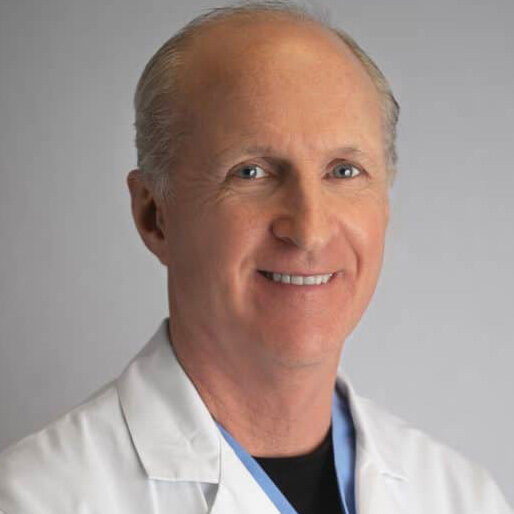
Allan C. Harrington, MD
Medical Director & Mohs Surgeon
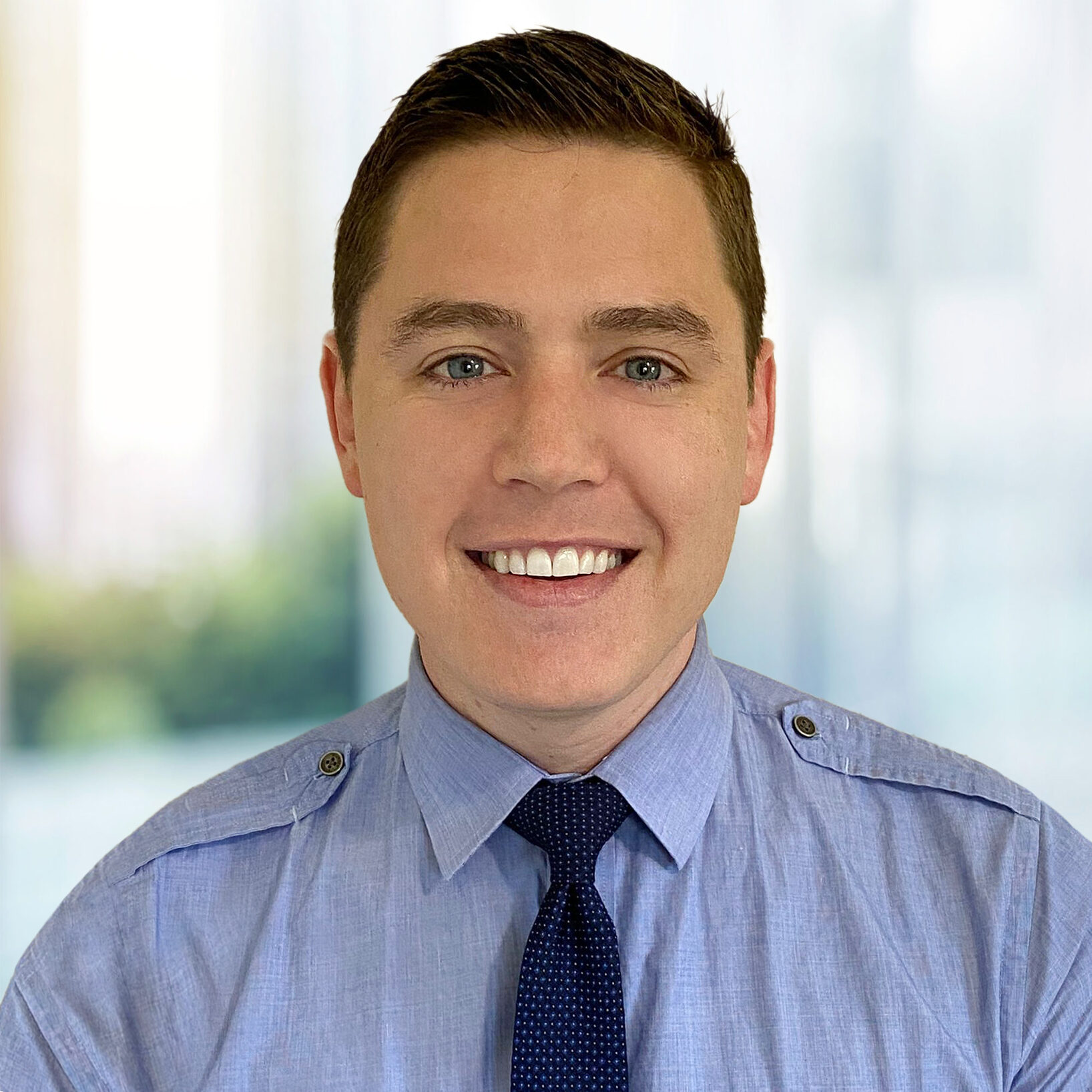
Alexander Herbst, MD
Chief Medical Officer & Mohs Surgeon
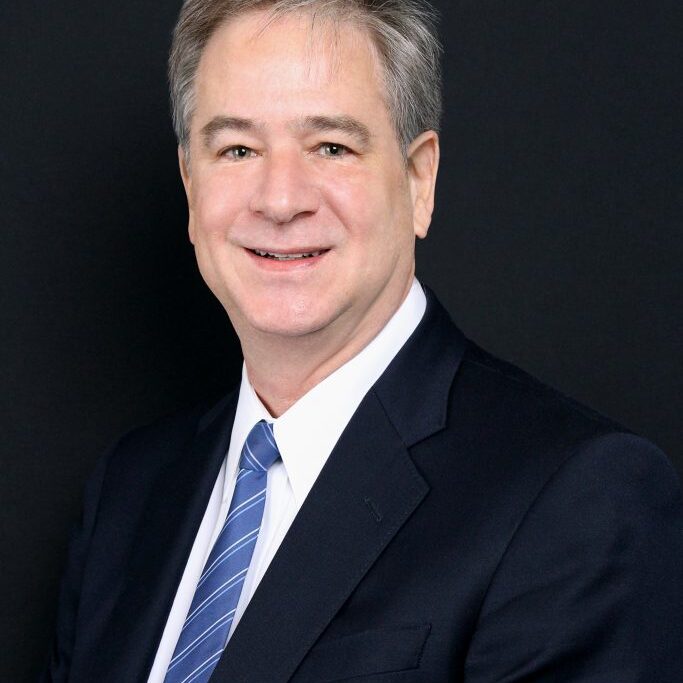
Jay Herbst, MD FAAD
Mohs Surgeon
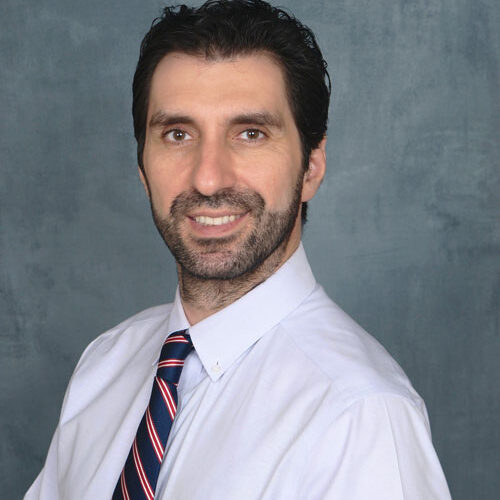
Sergey Arutyunyan DO, MS
Mohs Surgeon
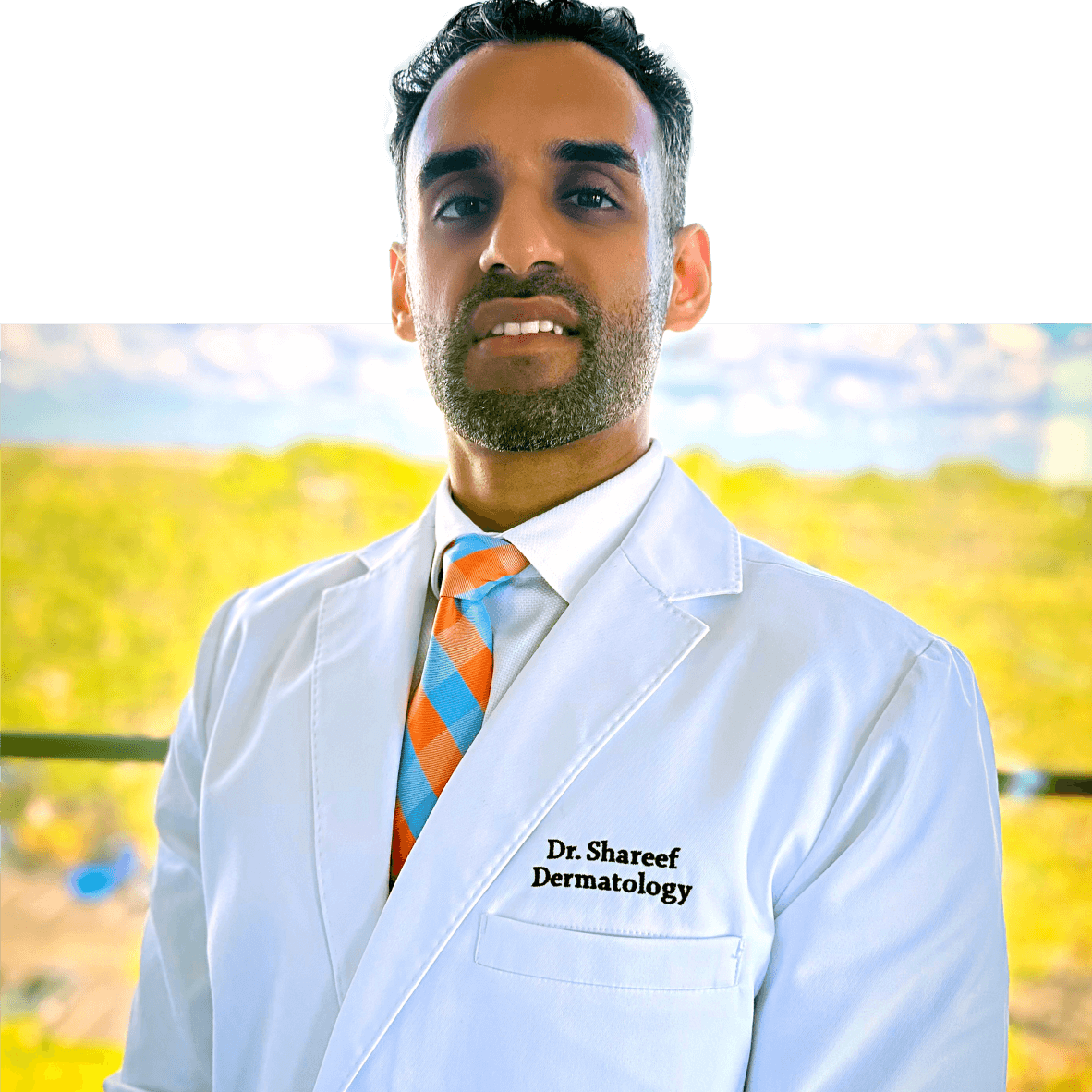
Shahjahan Shareef, DO
Mohs Surgeon
Have any questions?
Call us at 941-444-0011. Click the button below to read our most frequently asked questions.
